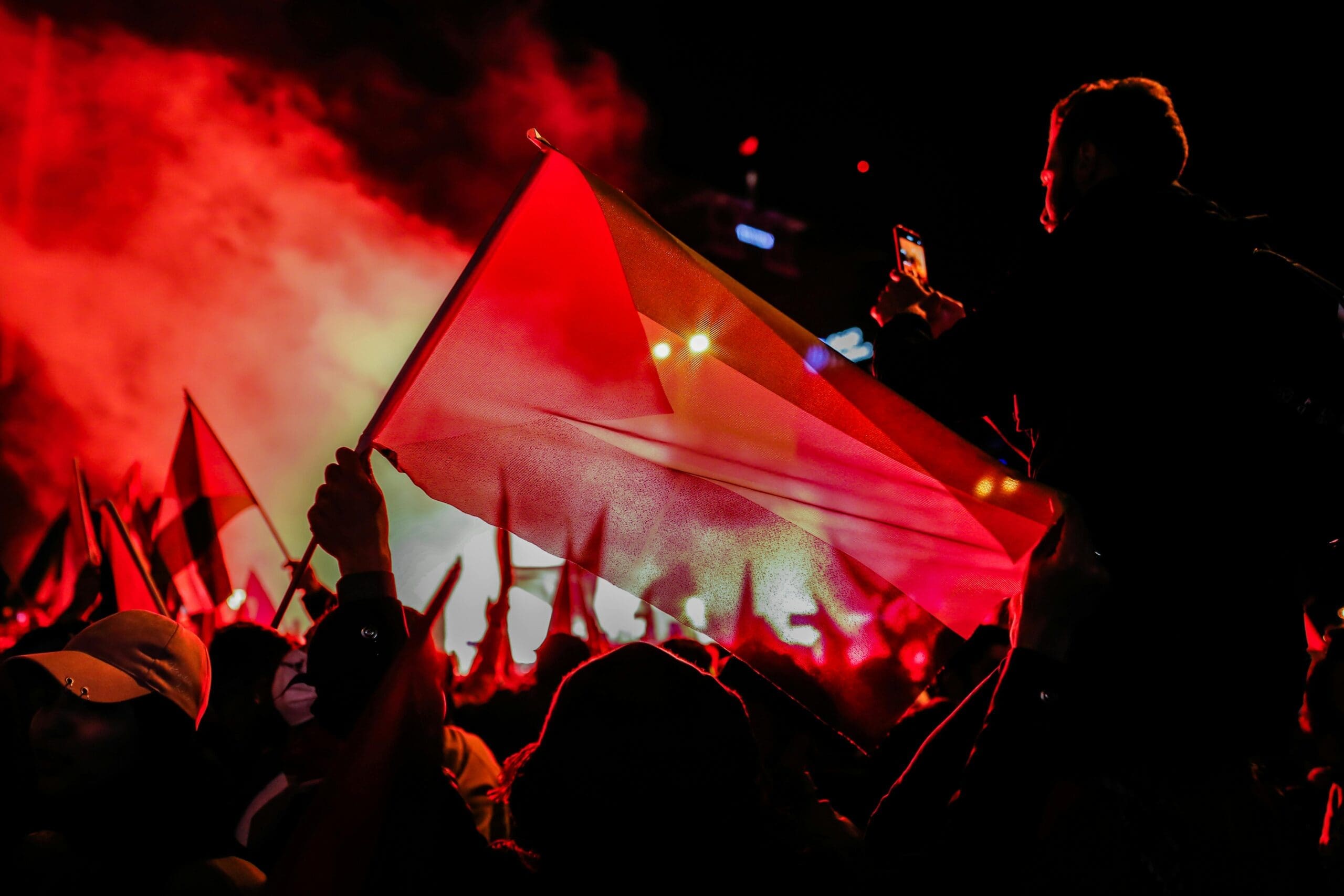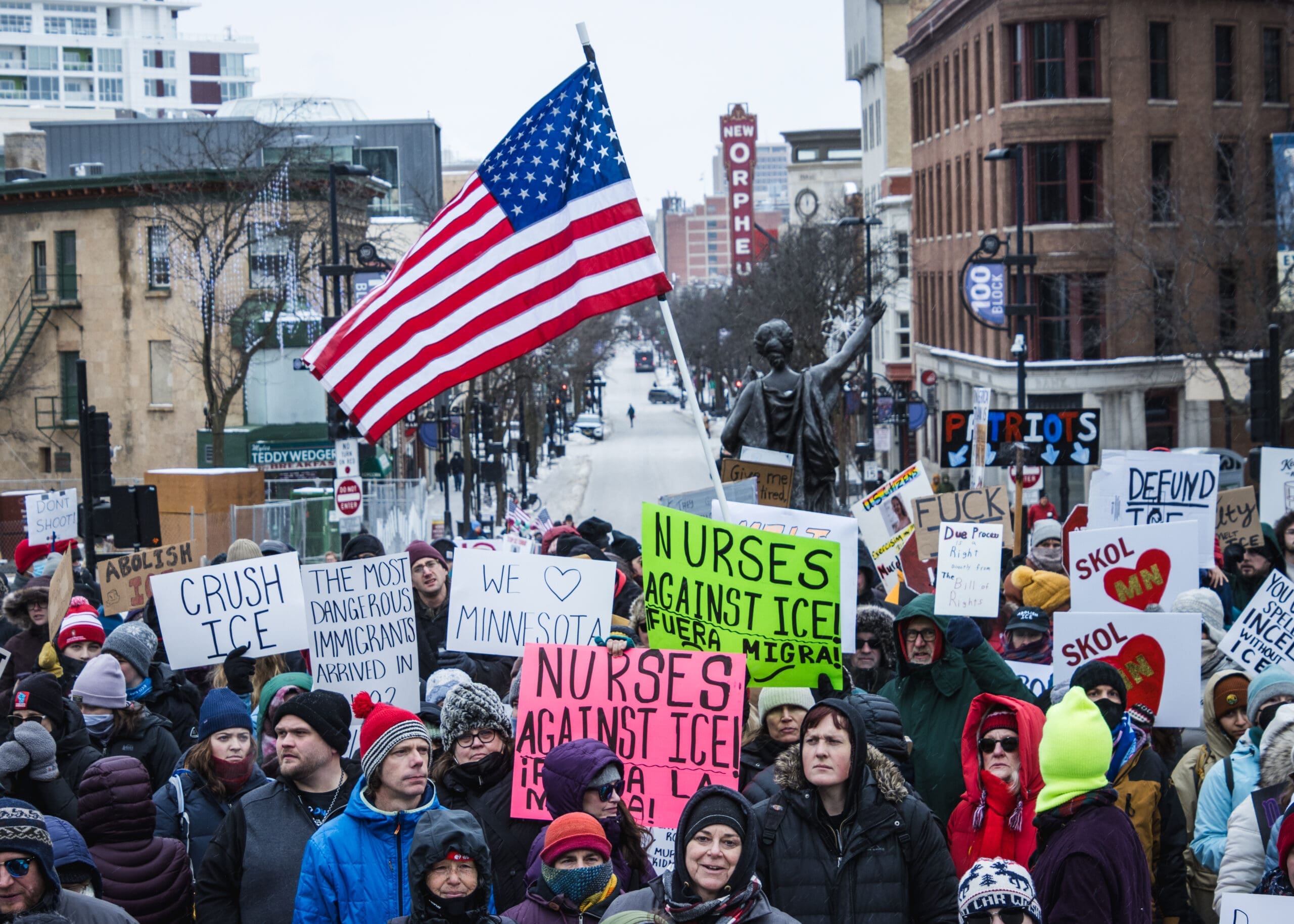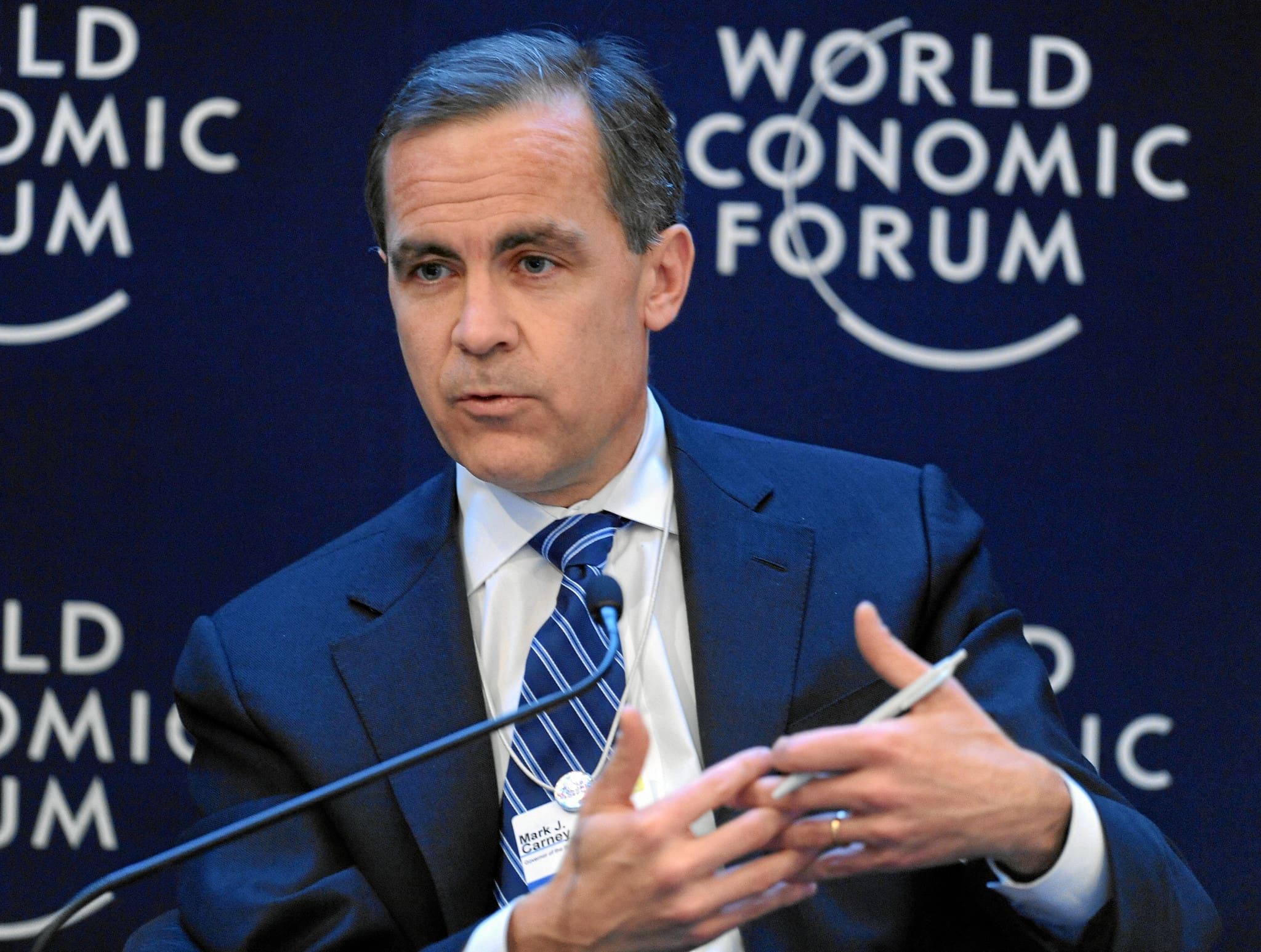Glastonbury has long been a place where music meets protest, where dissent is part of the performance. So it’s no surprise that politically charged acts like Bob Vylan and Kneecap took the stage this past weekend with a message. What is surprising, and deeply concerning, is the backlash, criminal investigation, and accusations of hate speech that followed.
I watched the controversy unfold with mixed emotions. I am not Jewish myself, but my grandfather was — a proud Jewish South African who raised our family to value justice, compassion and the fight against oppression.
Like many South African Jews who stood against apartheid, he saw the Palestinian struggle not as someone else’s fight, but as a mirror. He believed (as do many Jewish South Africans) that true Jewish values lie in supporting the oppressed, not the oppressor. That standing with human dignity mattered more than allegiance to any state or army.
Which is why the storm over Bob Vylan’s set at Glastonbury feels so dissonant.
The British punk-rap duo are under criminal investigation after their performance last Saturday, during which frontman Bobby Vylan led chants of “death, death to the IDF” and “From the river to the sea, Palestine must be, will be, inshallah, it will be free.” The chants, aired live by the BBC, have prompted a wave of condemnation from politicians, led to the duo’s US visas being revoked, and sparked a criminal probe into potential hate speech.
The backlash was swift. Prime Minister Keir Starmer called it “appalling hate speech.” Culture Secretary Lisa Nandy demanded answers from the BBC. Media watchdog Ofcom and UK government-approved regulator is now investigating. Glastonbury organisers themselves said the chants “crossed a line.”
But the question remains: what line, exactly, was crossed?
Let’s be clear: “Death to the IDF” is a provocative and arguably inflammatory chant. But is it hate speech?
The IDF is a military force. Criticism of its actions, especially in wartime, is not the same as hatred against a people. And it’s certainly not antisemitism.
The chants at Glastonbury were explicitly critical of the IDF and Israel’s actions in Gaza, not Jewish people as a whole. Yet, critics, including the US State Department and Nandy, have framed them as antisemitic, with the former calling them a “hateful tirade” and the latter pointing to a “problem of leadership” at the BBC.
This conflation is significant. The chant “From the river to the sea” is a decades-old call for Palestinian freedom, rooted in decades of occupation and displacement. For many, it is not a call for the destruction of the Jewish people but a rejection of Israel’s military policies, particularly under Prime Minister Benjamin Netanyahu.
It’s worth noting that Netanyahu is under immense international pressure, and not just from protest musicians. In Israel, families of hostages are protesting his hardline refusal to agree to ceasefire terms. In the international arena, his government is facing allegations of war crimes and an International Criminal Court investigation. To paint criticism of the IDF as inherently antisemitic is not just misleading — it’s politically convenient.
Let’s consider the numbers
Since the war began on 7 October 2023 — triggered by Hamas’ attack on Israel, which killed close to 1,200 people and saw roughly 250 taken hostage — as of 11 June, the Gaza Health Ministry reports over 55,000 Palestinian deaths since October 2023, with more than 120,000 injured, mostly civilians. Israel cites 1,139 deaths from the initial Hamas attack and ensuing conflict, with around 4,000 injuries, according to Al Jazeera. This asymmetry drives global solidarity, evident in the “sea of Palestine flags” at Glastonbury.
Art versus authority
Bob Vylan’s chants, while provocative, targeted a military institution, not a religious or ethnic group. The lead singer clarified that their anger was directed at the IDF, not Israeli civilians: “Calling for an end to the slaughter of innocents is never wrong.” Yet, the visceral language and its broadcast on a public platform like the BBC amplified its impact.
The police say they are investigating Bob Vylan’s performance as a potential hate crime. The chant, critics argue, could be interpreted as a call to violence. But let’s scrutinise the message and the messenger. “Death to the IDF” is not “Death to Jews.” It’s a political attack against a military force, one currently engaged in an internationally condemned campaign in Gaza.
And yet, much of the backlash has focused not on the message’s intent but its impact on British audiences, particularly Jewish communities, some of whom reported feeling unsafe at Glastonbury. That feeling is valid. Antisemitism is real, and the Jewish community has every right to demand security. But discomfort with a political protest is not the same as a hate crime.
This selective outrage betrays a double standard. When artists like U2 champion Ukraine or Pussy Riot defy Putin, they’re lauded. When Kendrick Lamar denounced police brutality, he was hailed as prophetic. When Stormzy called out Boris Johnson from the Brit Awards stage, it was political courage. But when a punk-rap duo expresses anger over Gaza, it becomes a criminal matter.
Now compare this to artistic expressions that have rallied around the Ukrainian resistance or Iranian women’s rights (causes broadly supported by Western governments). When artists chant slogans or hold flags supporting these movements, they’re often celebrated, not silenced. Art, we’re told, has always been political. Until it challenges the wrong politics.
This isn’t about whether you agree with the chant. It’s about who gets to protest, and what kind of dissent is considered ‘acceptable.’ When governments tacitly endorse certain causes, protest art becomes cultural currency. When they don’t, it becomes criminalised.
Freedom of expression is not a buffet where we pick what’s palatable and toss out the rest. Protest art has always made people uncomfortable. That’s its job. And in times like these, when the slaughter of innocents is documented in real-time, discomfort is the least we should be willing to tolerate.
My grandfather believed that standing with the oppressed was a core part of his Jewish identity. He taught his son that silence in the face of injustice was never neutral. And that’s what my father taught me.
And that’s why we should be asking not whether Bob Vylan crossed a line, but whether we are drawing the line in the wrong place.
Emma is a freshly graduated Journalist from Stellenbosch University, who also holds an Honours in history. She joined the explain team, eager to provide thorough and truthful information and connect with her generation.




